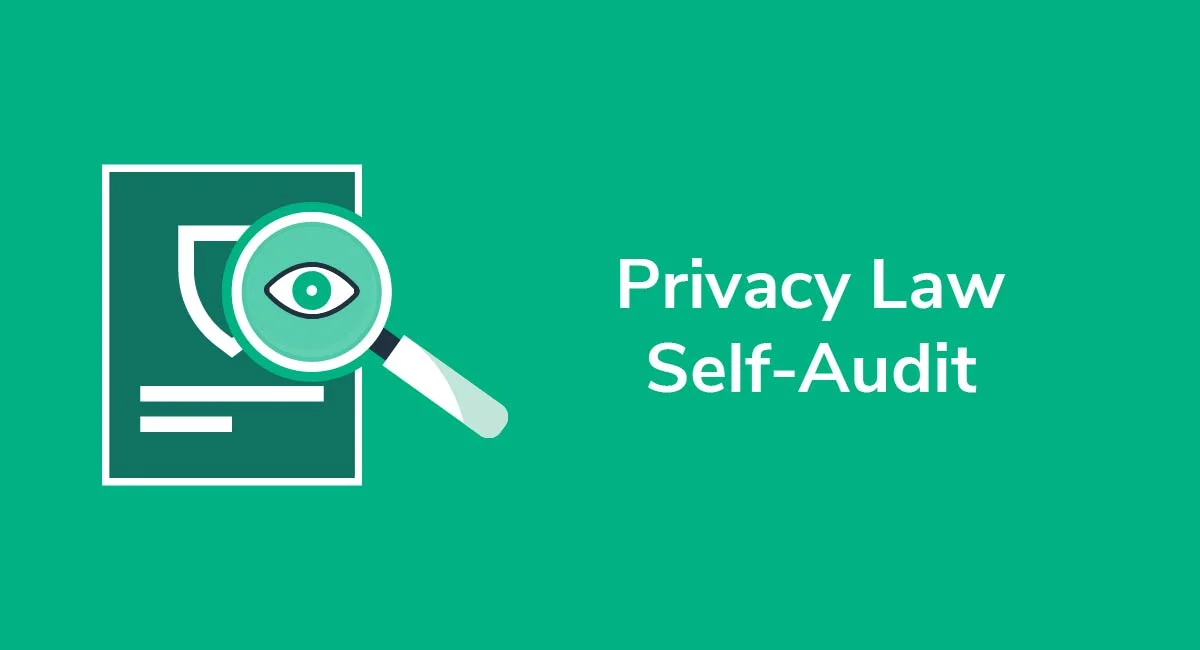Introduction
Data privacy has taken centre stage in today’s data-driven landscape, where personal information has become a valuable asset. Organisations collecting, processing, and managing personal data must maintain stringent data protection measures to safeguard individual privacy rights. Data controllers, responsible for determining the purposes and means of data processing, often rely on data processors to handle this information on their behalf. To establish trust and transparency in these relationships, independent privacy assessments have emerged as a powerful tool for data processors to evidence their data privacy compliance status to data controllers.
The Significance of Data Privacy Compliance:
The need for robust data privacy measures cannot be overstated. With the proliferation of data breaches and growing concerns about how personal information is used, individuals and regulators demand enhanced privacy safeguards. Regulations such as the General Data Protection Regulation (GDPR) in Europe, the California Consumer Privacy Act (CCPA) in the United States, LGPD Brazil and the new India DPDPA have laid strict requirements for collecting, processing and protecting personal data. Failing to comply with these regulations can result in substantial fines, legal liabilities, and reputational damage for both data controllers and processors.
Role of Data Processors and Data Controllers:
Data controllers are the entities that determine the purposes and means of processing personal data. They collect the data and decide how it will be used. Data processors, on the other hand, handle the data on behalf of the data controllers. They may include cloud service providers, payment processors, marketing agencies, and more. While data controllers hold primary responsibility for compliance, data processors also have a critical role to play in ensuring that the data they process remains secure and compliant.
The Role of Independent Privacy Assessments / Audits:
Independent privacy assessments / audits involve evidencing an organization’s data privacy practices by an external, impartial third party. These auditors evaluate the organization’s processes, policies, and technologies to ensure that they align with relevant data protection regulations and industry best practices. For data processors, undergoing an independent privacy assessment /audits demonstrates a commitment to data privacy and security, as well as a willingness to be held accountable for their practices.
Benefits of Independent Privacy Audits for Data Processors:
- Trust and Transparency: Independent privacy audits provide data controllers with assurance that their chosen data processors are adhering to strict data privacy standards. This transparency builds trust in the business relationship, enhancing the overall reputation of both parties.
- Risk Mitigation: By identifying vulnerabilities and areas of non-compliance, privacy audits enable data processors to rectify issues before they escalate into major problems. This proactive approach reduces the risk of data breaches and regulatory penalties.
- Competitive Advantage: Having an independent audit report that confirms compliance can set data processors apart in a competitive marketplace. It demonstrates a commitment to responsible data handling and can be a compelling selling point to potential clients.
- Legal and Regulatory Alignment: Privacy audits ensure that data processors align with the legal and regulatory requirements specific to their industry and geographical location. This prevents legal disputes and penalties arising from non-compliance.
- Continuous Improvement: The audit process often provides insights into areas for improvement in data privacy practices. Data processors can use these insights to enhance their security posture and refine their processes over time.
Conducting an Effective Independent Privacy Assessment /Audit:
For data processors seeking to undergo independent privacy assessment audits, there are several key steps to consider:
- Selecting the Right Auditor: Choose an experienced and reputable auditing firm with expertise in data privacy regulations and compliance. The auditor should have no conflicts of interest and maintain objectivity throughout the process.
- Pre-Audit Preparation: Review internal policies, processes, and technical systems to identify potential gaps. Remediate any issues before the audit to ensure a smooth evaluation process.
- Audit Process: The auditor will assess various aspects of data processing, including data collection, storage, access controls, encryption, data retention, and breach response plans.
- Documentation: Maintain thorough records of the audit process, findings, and corrective actions taken. These documents can be shared with data controllers as evidence of compliance.
- Sharing Audit Results: Provide data controllers with the audit report and any relevant documentation. Transparency is key in building trust and confidence.
- Continuous Improvement: Use the audit findings to enhance data privacy practices. Regularly review and update policies, procedures, and technologies to stay ahead of evolving threats and regulations.
Conclusion:
In an era where data breaches and privacy concerns dominate headlines, independent privacy audits provide data processors with a valuable tool to demonstrate their commitment to data protection and compliance. By investing in privacy audits, data processors can build trust, mitigate risks, and gain a competitive edge in a data-centric world. As regulations continue to evolve and individuals demand greater control over their personal information, independent privacy audits are becoming an indispensable component of responsible data processing practices.

